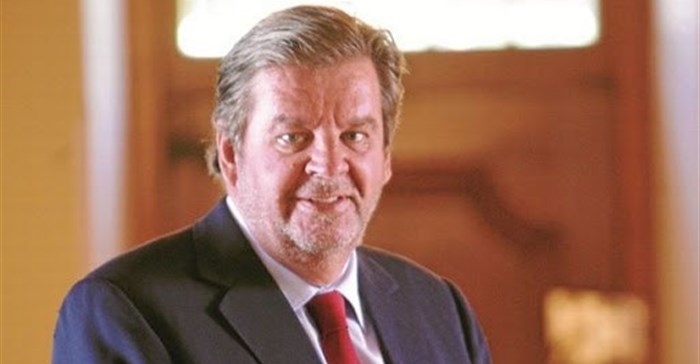
Top stories






More news


Marketing & Media
Ads are coming to AI. Does that really have to be such a bad thing?














BAT already owns 42.2% of Reynolds and has made a cash and share offer for the remaining shares at a 20% premium to the share price on October 20.
The deal would see BAT, which has a secondary listing on the JSE, become the world’s largest listed tobacco company with interests across all key markets. BAT’s brands include Dunhill, Lucky Strike and Pall Mall. Reynolds owns Camel and Newport.
Mergence Investment Managers portfolio manager Dirk Steyn said it would give BAT a roughly 50:50 split between emerging markets and developed markets.
"Increasing their exposure to the American market is attractive because of the higher margins. US markets are perceived to be resistant against higher regulations especially plain packaging, that are threatening most developed markets.
The buyout "will also enable them to combine their next generation product portfolio where BAT and Reynolds are viewed as being behind the market leader, Philip Morris Tobacco", said Steyn.
Cratos Capital senior analyst Ron Klipin said the decline in developed markets was driving consolidation in the global tobacco industry. "The deal will give BAT access to emerging markets such as the Middle East, Asia and Africa. Smoking is still a growth area in those territories."
Kagiso Asset Management’s Dirk van Vlaanderen said that as cigarette volumes continued their structural decline in developed markets, tobacco companies were relying on higher pricing, cost cutting and acquisitions for growth and higher shareholder returns.
In 2015 Reynolds completed its own multibillion-dollar deal when it acquired Lorillard for $25bn. "The Lorillard acquisition bolstered Reynolds’ brand portfolio and has resulted in a more favourable growth outlook," Van Vlaanderen said.
Johann Rupert’s Reinet Investments, which holds 3.7% of BAT, could not comment as the company is in a closed period.
BAT reported revenue growth of 8.1% at constant rates of exchange in the latest year, with cigarette volume up 2.2%.
BAT’s share price on the JSE rallied almost 4% on news of the possible merger. The company is valued at about R1.7-trillion.

For more than two decades, I-Net Bridge has been one of South Africa’s preferred electronic providers of innovative solutions, data of the highest calibre, reliable platforms and excellent supporting systems. Our products include workstations, web applications and data feeds packaged with in-depth news and powerful analytical tools empowering clients to make meaningful decisions.
We pride ourselves on our wide variety of in-house skills, encompassing multiple platforms and applications. These skills enable us to not only function as a first class facility, but also design, implement and support all our client needs at a level that confirms I-Net Bridge a leader in its field.
Go to: http://www.inet.co.za